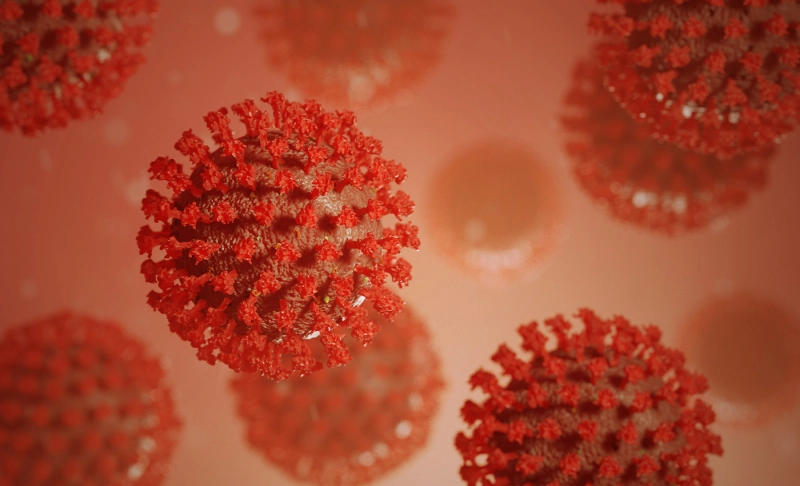July 8 2021
True: COVID-19 patients testing positive after recovery can’t transmit the virus to others.

The Verdict True
Several studies have indicated that recovered adults who test COVID-19 positive are not infectious.
Several studies have indicated that recovered adults who test COVID-19 positive are not infectious. According to a study published by Korea Centres for Disease Control and Prevention, recovered patients may continue to test positive for COVID-19 without being infectious. This primarily owes to diagnostic tests picking up dead virus particles inside a recovered adult. As COVID-19 is a novel infection, scientists worldwide are still learning about its transmission and new variants. Early on in the pandemic, scientists were left confused as several people continued to test positive from COVID-19, despite recovering from the illness. To solve this mystery, the Korea Centres for Disease Control and Prevention examined more than 250 patients who did not show symptoms and recovered from COVID-19 yet had a positive test result. Healthline reported that upon swabbing the patients and examing the viral RNA, the researchers found dead viral particles that were no longer transmissible. Additionally, most of the recovered adults had antibodies that protect people from catching COVID-19 again. The Centers for Disease Control and Prevention informs that most adults with mild COVID-19 are infectious for ten days after symptom onset, while those with severe illness can be infectious up to 20 days. However, some people with severe immunocompromise can continue to be infectious beyond 20 days. As of June 10, 2021, over 174 million people have caught COVID-19, including more than 3 million deaths reported worldwide. The COVID-19 pandemic has given rise to a lot of potentially dangerous misinformation. For reliable advice on COVID-19, including symptoms, prevention, and available treatment, please refer to the World Health Organization or your national healthcare authority.


